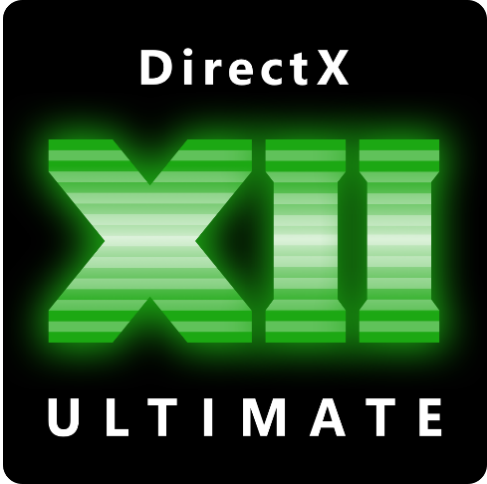- Joined
- Jun 30, 2022
- Messages
- 1,077 (0.97/day)
Hi , i am just curious if enabling it gives any benefits or not , from what ive heard it helps people with lower end CPUs (in CPU bound scenarios) or it can help with 1% lows / input latency in games.
I didnt notice and changes with 3700x , maybe because its an 8 core CPU and it has spare cores for scheduling? I havent benchmark it in many games / apps but at the first look i didnt notice any benefit having it on.
Share your experience and write your CPU/GPU in the post so we can see for what hardware / scenario it makes any difference having it enabled (if it does) and if is positive or negative.
I didnt notice and changes with 3700x , maybe because its an 8 core CPU and it has spare cores for scheduling? I havent benchmark it in many games / apps but at the first look i didnt notice any benefit having it on.
Share your experience and write your CPU/GPU in the post so we can see for what hardware / scenario it makes any difference having it enabled (if it does) and if is positive or negative.
Last edited:





